Annotations do not provide any behavior to your code all by themselves. All that annotations are is what their name implies...extra information attached to your code. The power of annotations comes in when you have code that uses introspection at runtime to look at your compiled code's definitions and do things based on these annotations.
The Spring framework does this extensively. It looks at the annotations on your code and uses them to decide how to wire up your application. It will often create wrapper classes around your own classes so that it can inject its own logic on top of your code.
You could certainly do something like this on your own, but it isn't trivial. I would suggest looking at AspectJ, or some other aspect oriented programming (AOP) framework. I would suggest studying the idea of aspect oriented programming in general, as what you are wanting to do is one of the most common problems that it looks to solve. Using the Spring framework would also be a great leg-up on attacking problems like this. It includes a module for doing AOP, "Spring AOP".
No matter how you go about this with annotations, you're talk about a lot of learning and potentially restructuring your code to use third party packages. You may very well want to give up the idea of using annotations and just put simple logging code in your primary logic.
I just Googled for "using aspect oriented programming for auditing" and got a lot of interesting hits. Here's one such hit. I don't know if it's the best resource for your purpose, but it will give you an idea of what I'm talking about here:
http://idanfridman.com/2014/05/13/clean-auditing-infrastructure-for-your-app-using-aop-custom-annotations-and-reflection/
